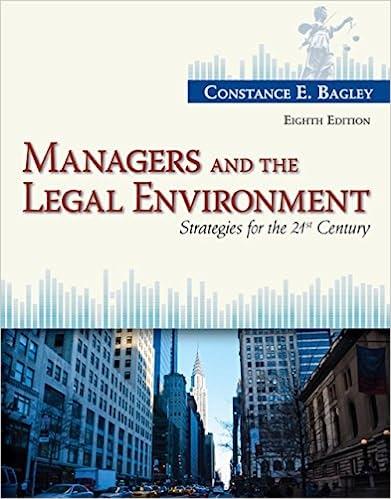Aquila, a public utility that produces electrical power, contracted with C.W. Mining for C.W. to provide Aquila
Question:
Aquila, a public utility that produces electrical power, contracted with C.W. Mining for C.W. to provide Aquila with 1,550,000 tons of coal during the years 2004-2006.
The contract contained a force majeure clause, which provided:
The term "force majeure" as used herein shall mean any and all causes beyond the reasonable control of the party failing to perform, including but not limited to Acts of God; . . . labor disputes; boycotts; lockouts; labor and material shortages; . . . breakdowns of or damage to plants, equipment, or facilities; . . . or other causes of a similar nature which wholly or partly prevent or make unreasonably costly (i) the mining, delivering, or loading of the coal by Seller; or (ii) the receiving, transporting, accepting or utilizing of the coal by Buyer at the station. To be considered unreasonable such increased costs must be substantial and sustained so that mining is no longer possible. This section shall not be construed to require either party to prevent, settle or otherwise avoid or terminate a strike, work slowdown, or similar labor action.
The provision also required that written notice of the force majeure be given.
Less than a week after signing the contract, C.W. was hit by a labor strike that continued for two years. In addition, C.W. suffered several roof collapses, necessitating the closure of two of its mines. C.W. notified Aquila that it considered the strike a force majeure event and that its coal shipments would be reduced as a result; however, C.W. never notified Aquila that it considered the geological issues that led to the collapse of the roofs in the mines to be a force majeure event. Aquila accepted the coal that C.W. was able to deliver and purchased the remainder of the coal it required on the spot market, but it sent C.W. a letter stating that it did not excuse C.W. from its obligations under the contract. Almost a year later, C.W. informed Aquila of its intent to cancel the contract entirely, citing the force majeure provision. After the cancellation, Aquila entered into a long-term contract with Consolidated Coal under terms that were less favorable to Aquila, including higher prices for coal with higher sulfur content. Aquila sued C.W. for damages incurred as a result of C.W.'s nonperformance under the contract. How should C.W. respond? What will be the result?
Step by Step Answer:

Managers And The Legal Environment Strategies For The 21st Century
ISBN: 9781285860374
8th Edition
Authors: Constance E. Bagley





